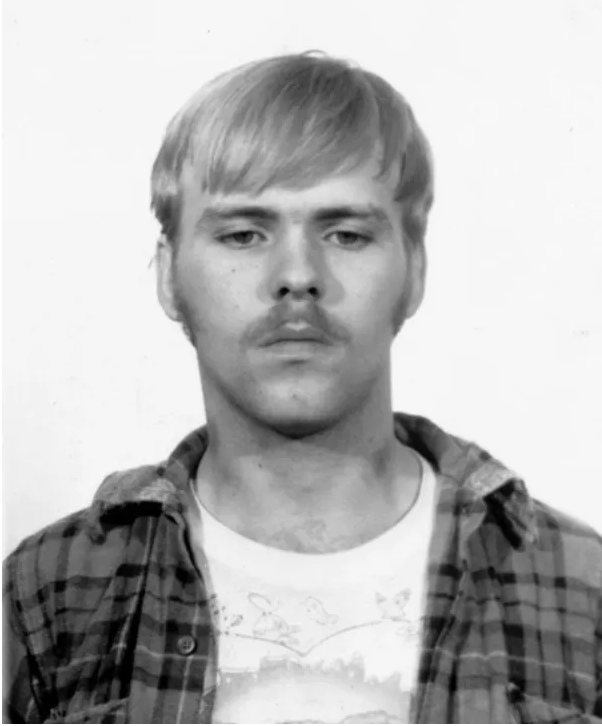The Steven T. Judy Case was a sensational murder trial that resulted in the reimposition of capital punishment in Indiana. Judy was tried and convicted by a Morgan County jury for the 1979 rape and murder of Terry Lee Chasteen and the drowning of her three small children.

An Indianapolis native, Judy’s childhood was characterized by parental drunkenness, abuse, and neglect. His first documented sex crime occurred when he was 13, and during the next eight years, he committed at least three other savagely violent sexual offenses. At the time of the Chasteen murders, he was free on a $75,000 bond for a 1977 supermarket robbery.
Judy, whom a psychiatrist labeled a “dangerous sadist” and a “sociopath,” confessed to the Chasteen killings but pleaded not guilty by reason of insanity. Questions remain about whether he also was responsible for the death of Ann Harmeier, an Indiana University student. She vanished after her car broke down on September 12, 1977, on Indiana state road 37 near Martinsville. Her body was found in a cornfield 36 days later. Judy claimed that he was innocent of Harmeier’s murder, but several similarities existed between the Chasteen and Harmeier cases. When convicted in the Chasteen murders, Judy asked the judge to impose the death penalty, apparently because he believed in reincarnation.
The case attracted an enormous amount of attention in the state in general, and the Indianapolis metropolitan area in particular, because it resulted in the first execution in Indiana in 20 years. Indeed, from 1972 to 1977 the state had no death penalty at all following a U.S. Supreme Court ruling that struck down many states’ capital punishment laws.
Judy died in the electric chair at the Indiana State Prison on March 9, 1981, at the age of 24, while the and others opposed to capital punishment held a candlelight vigil outside the site of the execution.

Help improve this entry
Contribute information, offer corrections, suggest images.
You can also recommend new entries related to this topic.